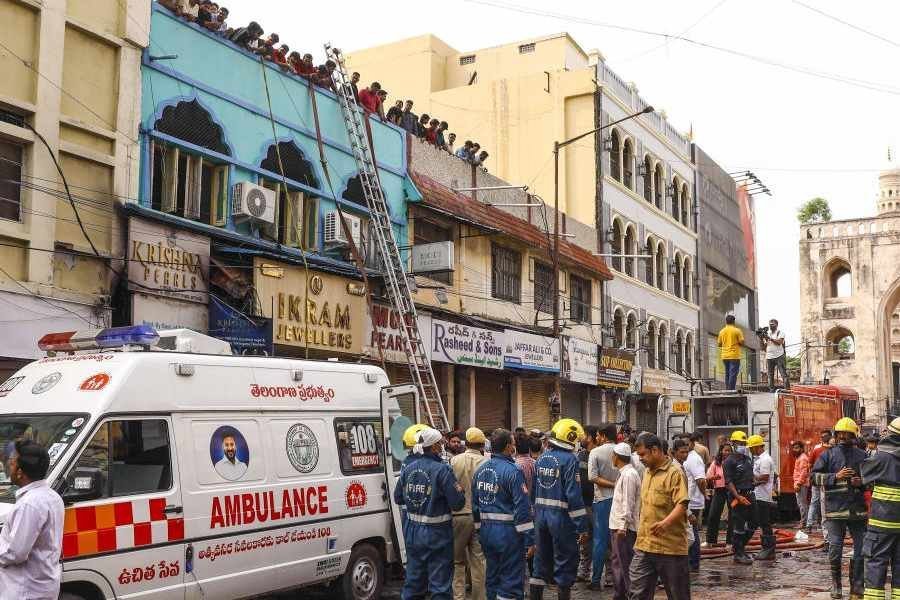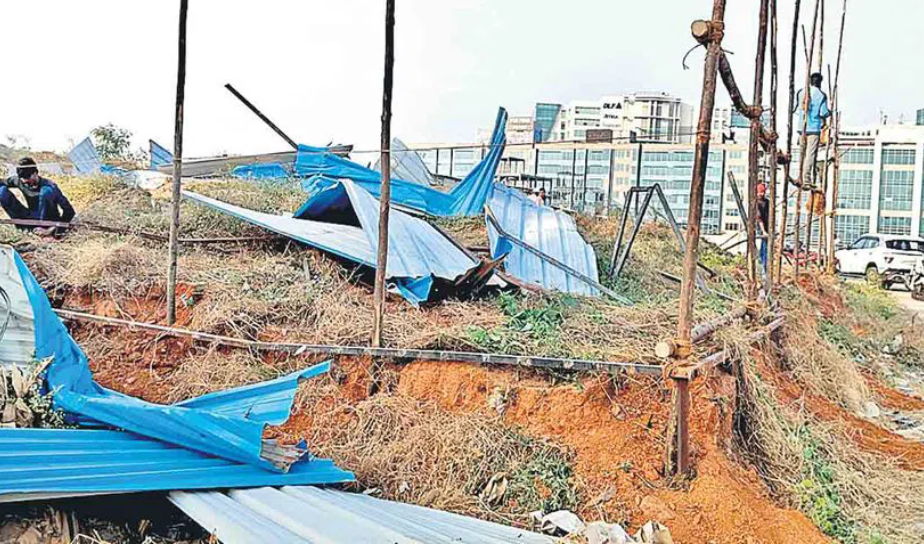
The Supreme Court recently mandated the Taj Trapezium Zone authority to appoint the Forest Research Institute to conduct a comprehensive tree census in the area. The court emphasized that the Taj Trapezium Tree Census is crucial for effective enforcement of the UP Protection of Trees Act, 1976. Without accurate data on existing trees, penal provisions against violators cannot be implemented.
Importance of the Taj Trapezium Tree Census
A bench led by Justices Abhay Oka and N. Kotiswar Singh made it clear that the census is essential for protecting the environment in this significant zone. The Taj Trapezium Zone (TTZ) covers approximately 10,400 square kilometers, spanning Agra, Firozabad, Mathura, Hathras, and Etah districts in Uttar Pradesh, along with Bharatpur district in Rajasthan. The court stated, “This data can be made available through the tree census. We direct the TTZ authority to appoint the Forest Research Institute in Dehradun to carry out the tree census of all existing trees in the area.”
The bench also mentioned that the primary objective of the UP Protection of Trees Act, 1976, is to safeguard trees rather than permit their removal. A proper tree census is vital for ensuring that the provisions of this act are effectively enforced. Without it, illegal tree felling will continue unchecked.
Addressing Illegal Tree Felling in the TTZ
The Supreme Court previously highlighted the urgent need for a census of existing trees and a mechanism to monitor and prevent illegal felling within the Taj Trapezium Zone. During the hearings, the bench expressed that “there needs to be a census of existing trees in the Taj Trapezium Zone and a mechanism to ensure that no unauthorized tree cutting occurs.” This statement underscores the court’s commitment to environmental protection and the preservation of historical monuments, including the UNESCO World Heritage Site, the Taj Mahal.
Ensuring Compliance with Environmental Regulations
The court’s decision also reflects its concern for environmental issues and the preservation of cultural heritage. During a hearing on October 14, the justices warned that if the authorities fail to comply with directives for compulsory afforestation in the TTZ, they would order the demolition of structures and restoration of the land to its original state.
For more on this significant environmental issue, visit The Hans Bharat.







